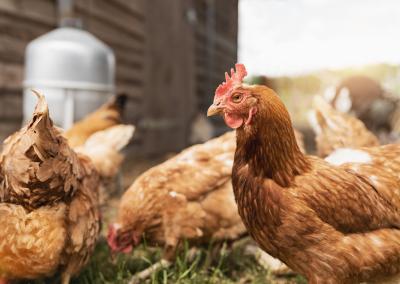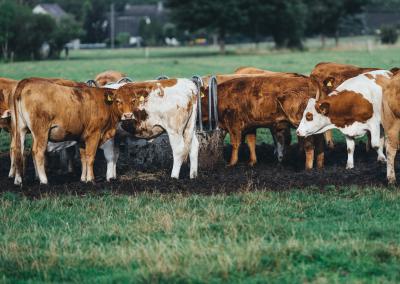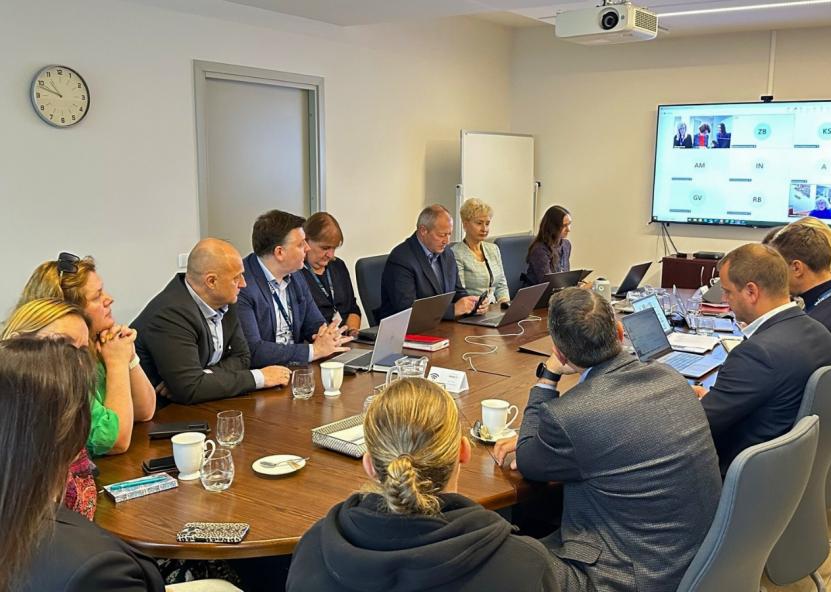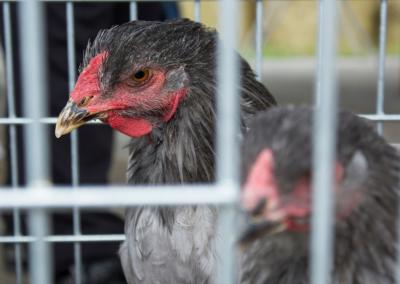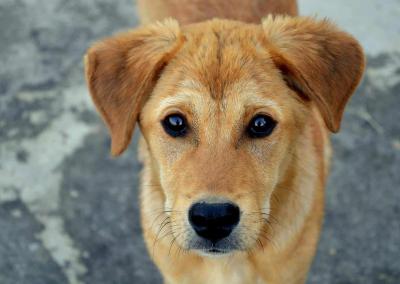Animal welfare activists met with representatives of the VMVT
After a meeting with representatives of animal care organisations and various institutions, the State Food and Veterinary Service (SFVT) is starting to coordinate its work and to ensure that the very complex situation in the field of animal welfare is resolved as quickly and effectively as possible.
This commitment was expressed by Audronė Mikalauskienė, the head of the VMVT, at a meeting initiated by the Service, which was attended by about 200 representatives of the Government, ministries, Lithuanian Police, Lithuanian University of Health Sciences, Lithuanian Association of Municipalities, municipalities of individual cities and districts, and various animal welfare organisations in the country.
„One of the most important problems in Lithuania is the increasing number of homeless and poorly cared for pets. As revealed during the inspections carried out by the VMVT, in many places of care, animals are not provided with the necessary space, and in some places they are kept in cages for transport or in overcrowded aviaries. Logic dictates that an animal should have a better life if it is kept in poor conditions and taken into care, but reality sometimes defies logic. This is a pressing problem, which we will try to solve and find solutions by uniting the institutions and organisations responsible for joint solutions," said A.Mikalauskienė, Head of the VMVT. Further joint work is necessary to ensure animal welfare, she said, as it is clear that we will have to be more responsible in carrying out our assigned functions and find solutions where no one wants to take responsibility.
All participants at the meeting were presented with the results of the inspections carried out by the VMVT between January and September this year. The inspections revealed a number of shortcomings – 41% of shelters are overcrowded, but some of them are still receiving animals from third countries. More than a fifth of the shelters were found to have irregularities in the marking and registration of animals, and a fifth of the shelters inspected were also found to have irregularities in vaccination. Some shelters did not comply with general animal care requirements and some used expired medicines or feed.
The meeting heard from representatives of the Lithuanian Association of Municipalities, the Lithuanian Police and representatives of the participating shelters. The participants identified a number of shortcomings in both the legal framework and the practice of cooperation between institutions. The problem of animal marking was also discussed: the Law on Animal Welfare and Protection stipulates that municipalities control whether animal owners have marked and registered their animals. According to preliminary data, about 1 million pets in Lithuania are still untagged and most of the animals entering shelters are not tagged. If animals are not tagged and registered, there is no way to determine who is responsible for the mistreatment of the animal, which is why the meeting focused on the need for greater involvement of municipalities in tackling the problem.
MVVT Head A.Mikalauskiene, summing up the discussion, pointed out that the establishment of an association representing the interests of animal welfare organisations would make the situation of animal welfare organisations much easier – it would allow these organisations to better and more consistently represent the interests of animal welfare organisations in various institutions, state authorities, and in the legislative processes.
The representatives of the MoHFW also urged the participants to concentrate their efforts and work responsibly in order to ensure that animal welfare is a priority, that the situation improves, that violations do not recur, and that the conditions for the animals in the institutions are as good as possible.
There are currently 86 officially registered animal guardians in Lithuania, both institutions and individuals. Their activities are defined by the Law on Animal Welfare and Protection, veterinary requirements for animal guardians and foster homes approved by the MoH, and other legislation. A number of responsibilities in this area are assigned to municipalities – they approve the rules for keeping animals in residential areas of municipal territories and control their implementation, and are responsible for reducing the number of stray animals in the territory of the municipality, the temporary custody of stray and homeless animals, and the return of stray animals to their owners.

